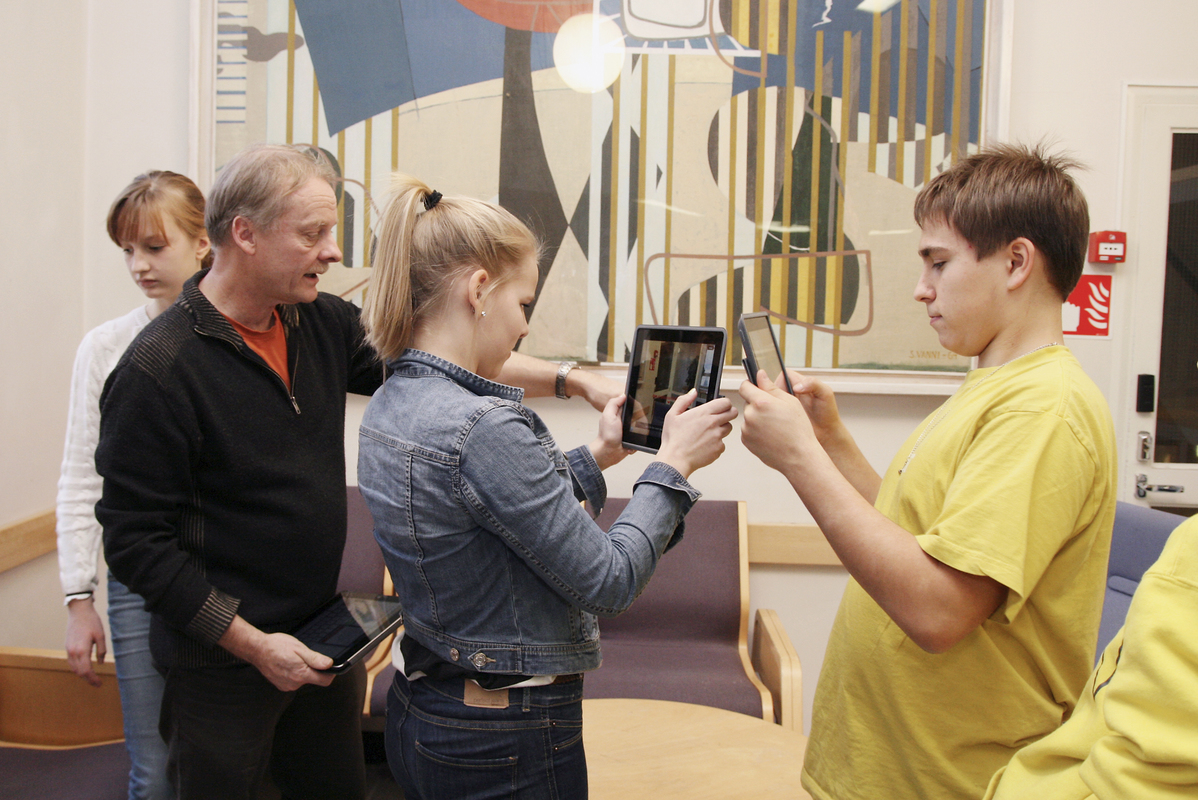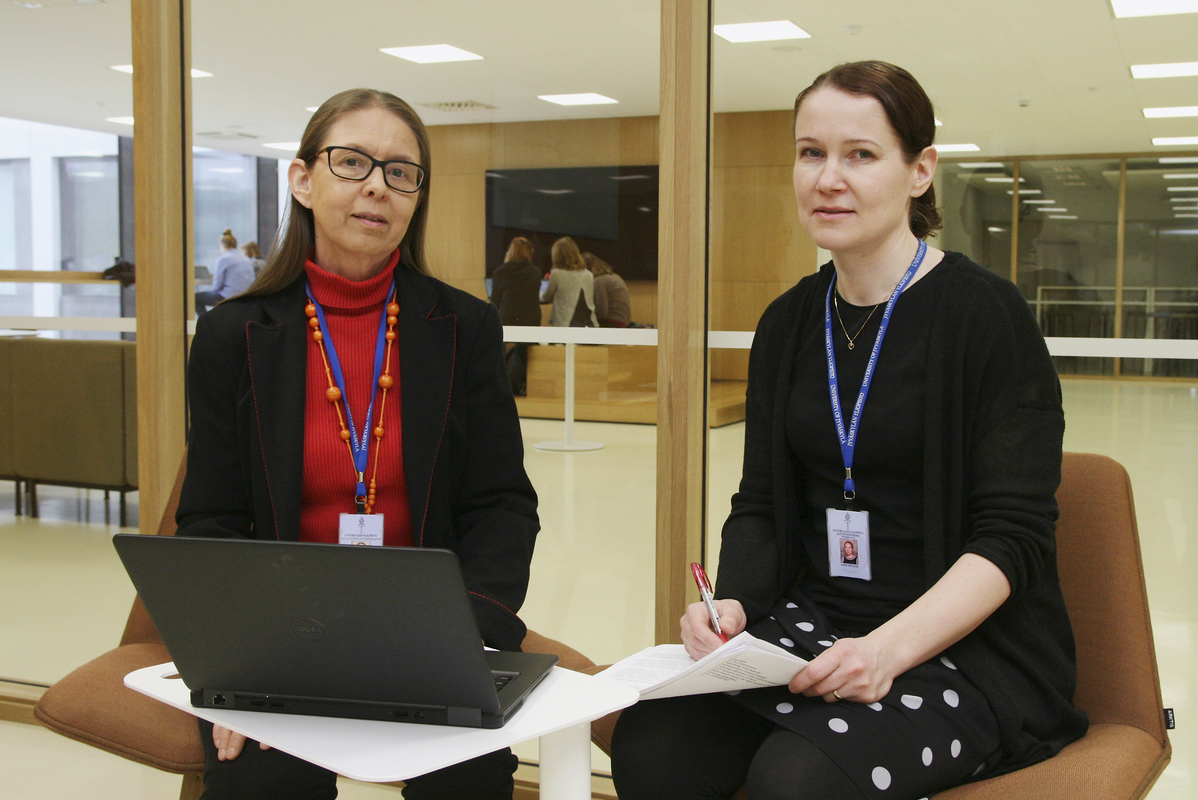Diversified pedagogy supports the development of working-life skills

The debate of recent years about professional qualifications has emphasised the significance of social skills irrespective of the field. Research findings suggest that in the rapidly changing world of work, besides collaboration skills, also many other general competencies are highlighted, such as cognitive and problem-solving skills as well as creativity. Mere field-specific knowledge is thus not enough but a wide range of general skills are needed and appreciated at the workplace.
Naturally, working-life skills can be learnt best in real work contexts. For example, job familiarisation (TET) work practice and on-the–job learning periods offer such opportunities to students. Indeed, research evidence confirms that learning at work plays a pivotal role in the development of competencies.
Recent graduates have often found their working-life skills less than adequate, and for this reason the share of work practice and on-the-job learning periods has been increased in recent years both in higher and vocational education. According to various studies, the students perceive that they have been learning best at the workplace in such instances where school-based learning and learning at work are closely connected. On the other hand, it has been shown that working-life competencies are possible to learn at school as well, provided that the learning and teaching methods are diverse enough.
Thinking skills are learnt by problem solving
In the light of our recent studies, the diversity of teaching methods plays a central role in the development of working-life skills. Interaction skills are learnt by working with others and by sharing one’s experiences. Problem-solving skills are promoted by combining theory and praxis, for instance, by solving practical problems with the help of theoretical knowledge. Critical thinking and creativity are supported by encouraging students to engage in reflection and experimentation. Also an open atmosphere, where nobody is afraid of expressing him/herself, is of primary importance. A well-perceived learning atmosphere is an explanatory factor for the learning of skills related to creativity, in particular.
In contrast, in our research the traditional forms of teaching, such as lecturing, reading, and working alone, have turned out to correlate negatively with the learning of general competences. In other words the more these forms of teaching and learning have been used in instruction, the lesser the extent of general competencies learnt in such courses as perceived by the students. This is not to say, however, that lectures, reading, and working alone would be unnecessary. On the contrary, these activities are essential for the development of theoretical understanding. It would be advisable, nonetheless, to link lectures and reading of literature also with such modes of working where theoretical knowledge is applied in collaborative problem solving.
Although learning is transferred to workplaces, teachers’ key role is sustained
In vocational education and training, in particular, learning is being transferred increasingly to the workplace. However, this will not make teacher’s role less valid – on the contrary. Teachers train workplace instructors, guide students in combining the theory and practice, and assess their learning. Hence, cooperation between the school and the workplace is crucial for the arrangements of on-the-job learning and in facilitating students’ learning.
Workplaces differ in terms of their capacity to support learning. There are workplaces with trained and competent instructors and where students are encouraged to become active members of the work community. On the other hand, there are also workplaces providing but little support for their employees’, let alone students’ learning. Therefore, teachers as pedagogic professionals play an important role also in reviewing the places for on-the-job learning. It is important that the students can engage in a variety of tasks, people discuss with them about work-related matters, asking for their views and letting them bring up developmental ideas. Even mistakes are seen as chances for learning.
As regards the development of working-life skills, there is indisputable research evidence for the significant role of teachers, diverse teaching methods as well as cooperation between school and work. The cooperation between education and the world of work also promotes students’ employment after graduation. Learning the skills needed in contemporary working life calls for face-to-face teaching in small groups as well as guidance in combining theory and practice and in the development of self-assessment skills. All this requires strong pedagogical competence.
Päivi Tynjälä and Anne Virtanen

Send feedback to the authors: paivi.tynjala@jyu.fi or anne.virtanen@jyu.fi
Photos: Martti Minkkinen
Translation: Tuomo Suontausta
Previous | Next | To Front Page
Kommentit
Kirjaudu sisään lisätäksesi tähän kommentin